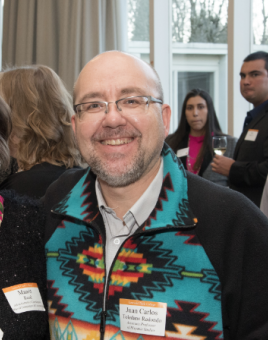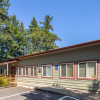Enseñar tiene que ser que la persona en frente de ti termine apreciando el texto, termine sintiendo que hay valor en este texto. Tiene que tener significado. Quiero que mirar la historia antigua sirva para entender lo que vivimos hoy. Es bueno entender la historia pero no sirve para nada si no tienes la reflexión del presente. [Eng: Teaching has to be about the person in front of you ending with an appreciation of the text, that they finish feeling that it has value. I want to look at ancient history to help us understand what we are living today. It is good to understand history but it’s useless if you don’t reflect on it.] - Juan Carlos Toledano Redondo
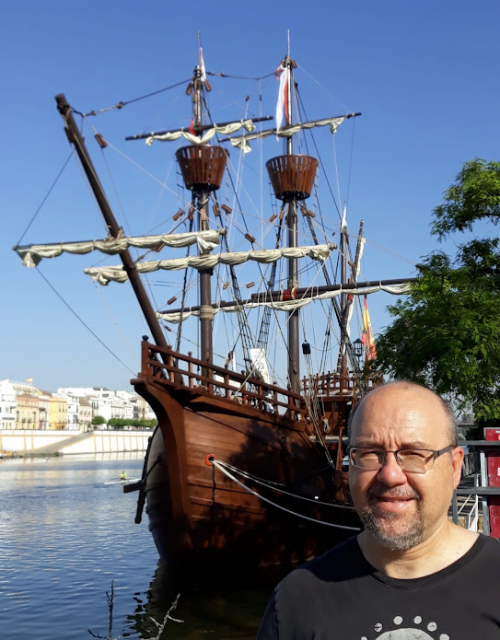
At 29, having earned a PhD from the University of Miami, Juan Carlos was drawn to Lewis & Clark College by the luminosidad [luminosity] of both the campus and the people who graced its classrooms. I saw that Lewis and Clark was a very relaxed place and the professors wanted to be more approachable to the students. The students were exactly like that too… their demeanor was different and I really thought that it was cool. Lewis and Clark looked like this not-so-tiny place where you could really teach, which is what I really like. Even though I’m a researcher, teaching is what moves me. LC’s strong culture of teaching and research provided him a framework wherein he could bond with his students in a genuine way and dedicate himself to his research and writing. He loves teaching historical, challenging literary texts in a way that can connect with modern discourse and problems; pushing his students toward and beyond their capacidades linguisticas [linguistic capabilities]. His expertise has long circled around lo fantástico en la literatura, y principalmente, la ciencia ficción [Literature of the fantastic and mostly science fiction].
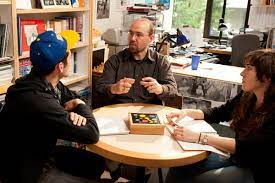
Juan Carlos has traveled to parts of Central and South America including Chile, Colombia, Puerto Rico and Cuba. He has deeply cherished memories of traveling with students over the years, including visiting his hometown on the coast of Spain, where students met with his father and developed a deep, meaningful relationship. My father didn’t know any English at all and my students were all 201 level, it was beautiful. My father, of course, has passed away and I still remember that as a beautiful opportunity. It was very entrañable [heartwarming/ deep].
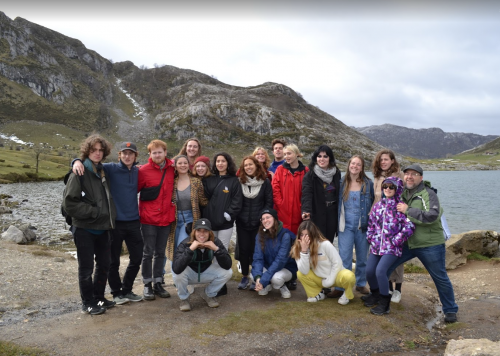
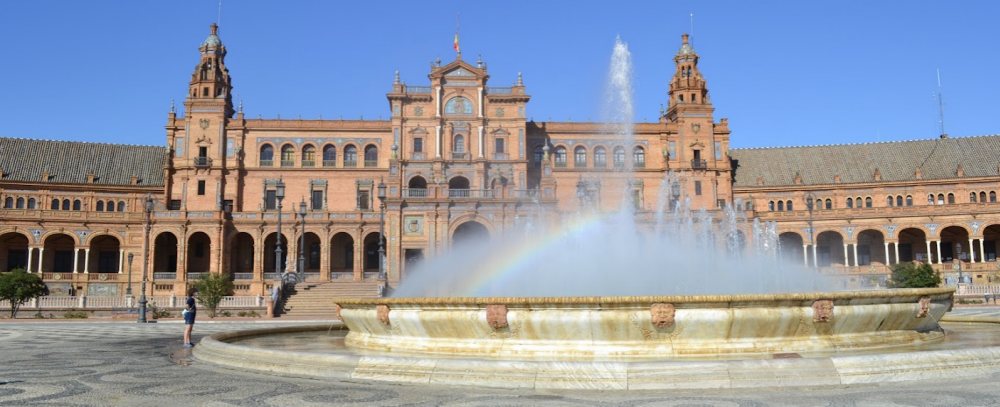
LC is located in McAfee on the Undergraduate Campus.
MSC: 57
email mcpheete@lclark.edu
voice 503-768-7900
fax 503-768-7900
Andrew McPheeters
Associate Vice President for Community Education and Travel Programs
mcpheete@lclark.edu
LC
Lewis & Clark
615 S. Palatine Hill Road MSC 57
Portland OR 97219
